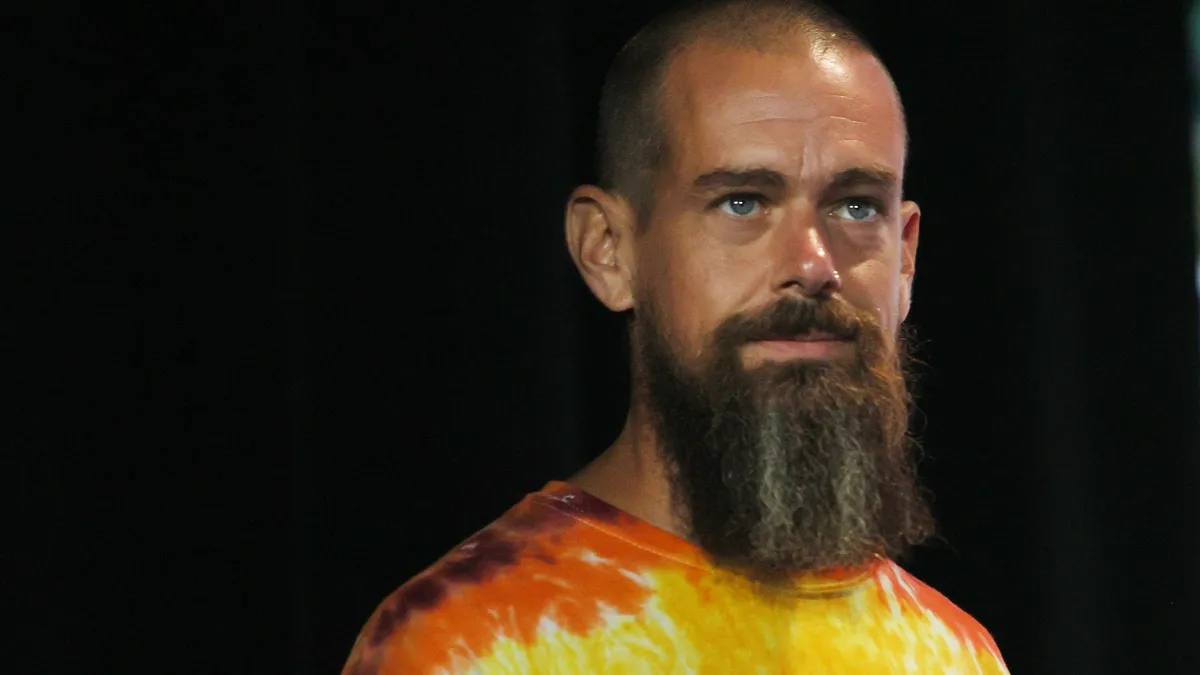Dive Brief:
- Digital payments company Block plans to add its Afterpay buy now, pay later financing option to its 24 million Cash App debit cards, Block Chief Financial Officer Amrita Ahuja said during an earnings webcast with analysts Thursday. The company didn’t specify when that will happen.
- Block, which is the parent company for Cash App, Afterpay and Square, aims to use its BNPL tool and other lending services to pitch the 45 million adults in the U.S. who are “unable to access credit through traditional means,” the company’s head, Jack Dorsey, wrote in a quarterly letter to shareholders Thursday.
- Ahuja, who is also the company’s chief operating officer, argued Afterpay will make the Cash App card a compelling alternative to a credit card, but she didn’t explain what its advantages are.
Dive Insight:
Oakland, California-based Block completed the purchase of Afterpay in January 2022 after the company agreed the prior year to pay $29 billion to acquire the BNPL provider. The company began integrating Afterpay onto the Cash App debit card earlier this year, Dorsey said in an earnings call in May.
Since Block bought Afterpay, consumers have spent $72 billion through the service, the company said in the third-quarter earnings letter. For the company, it has also become a major source of advertising revenue.
Block’s return margin on capital from financing provided by Afterpay is also higher than the returns for either Square or Cash App lending, and its loss rates from BNPL financing is lower.
Block’s third-quarter gross merchandise value from BNPL services rose 23% over the year-ago period to $8.24 billion, according to its earnings press release. Gross profit from the BNPL services was $242 million, the company said.
Overall, Block reported net income of $283.8 million for the third quarter. While that figure is an improvement over the $88.7 million loss Block reported in the year-ago quarter, it came in below analysts’ expectations. Gross profit rose 19% to $2.25 billion over the year-earlier quarter.
In addition to the installment lending offered through Afterpay, Block also offers other types of loans through its Cash App and Square units. “Taken together, we believe they provide Block with a lending ecosystem that can increase access to multiple customer types,” Dorsey contended in the letter.
A Cash App spokesperson declined to say how many people have Cash App cards.
Adding Afterpay to the Cash App card may allow the company to “drive engagement and ultimately attach to our banking products and direct deposit,” Amrita said on the earnings call.
On another front, more regulatory clarity in the United States may help Block’s bitcoin business, Dorsey also told investors on Thursday’s earnings call.
Regulatory clarity “allows us to move much faster because we know what the rules are and what the common understanding is, especially in the U.S.,” Dorsey said.
In a blog post in April, Dorsey said Block was developing a special nano chip which would aid the company in developing a bitcoin mining system.
Dorsey did not specifically mention President-Elect Donald Trump, but the president-elect is seen as friendlier to the crypto industry than President Biden.










